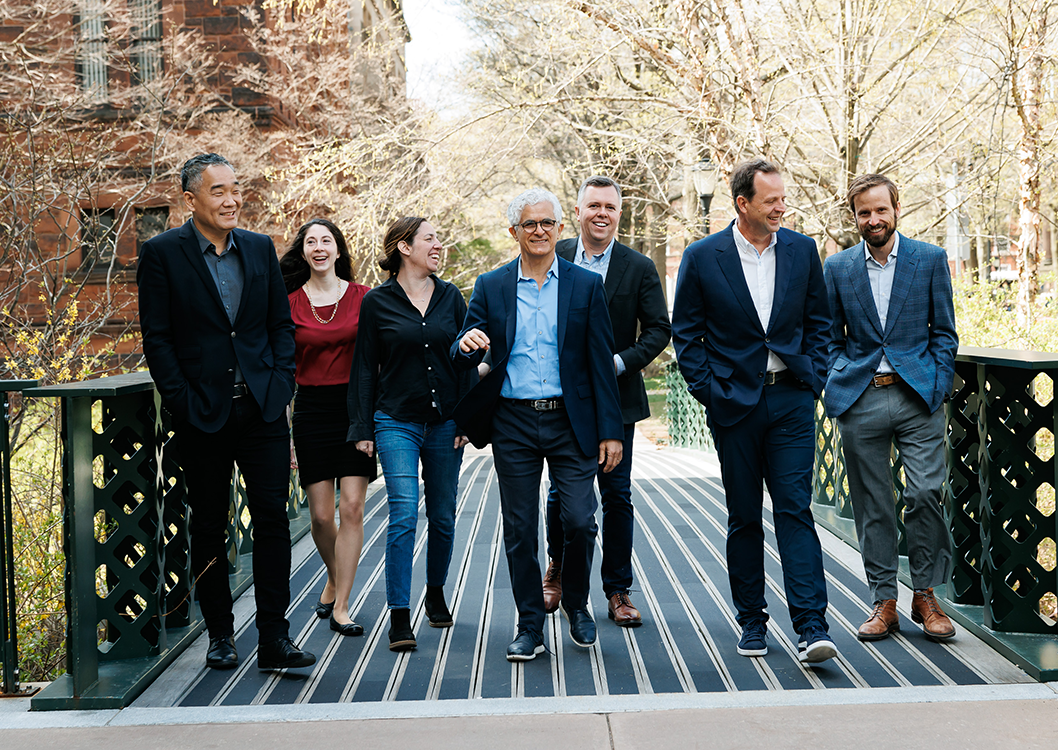Yale's Environmental Engineering Program Named Among Top 10 in the U.S.

With cutting-edge research and internationally recognized faculty, Yale’s Environmental Engineering program has quickly become a leader in the field. This achievement is underscored by its No. 9 ranking in the 2024 U.S. News & World Report’s Best Graduate Engineering School Rankings for environmental engineering, tying with institutions like MIT, Cornell, Rice, and Purdue.
"The Environmental Engineering program’s consistent high placement in the rankings reflect its caliber of pioneering research and exceptional faculty," said Yale Engineering Dean Jeffrey Brock. "Their highly impactful and widely cited work on critical issues like water purification, air quality monitoring, and the spread of infectious diseases is making waves on a global scale, truly bettering our world."
 The program emphasizes a multidisciplinary approach to solving environmental problems, allowing graduate students to pursue their educational and research interests across departmental lines and utilize resources from other departments and schools at Yale.
The program emphasizes a multidisciplinary approach to solving environmental problems, allowing graduate students to pursue their educational and research interests across departmental lines and utilize resources from other departments and schools at Yale.
Research from the environmental engineering program has significantly influenced public discourse on crucial environmental issues today. These include water desalination and wastewater reuse, the impact of energy production and use on air quality and climate change, the environmental implications of engineered nanomaterials, sources of human exposure to bacteria and fungi in built environments, and the chemical reactions in flavored e-cigarette liquids that can irritate users' airways.
Several faculty members have close ties and appointments across the campus, including Yale’s School of the Environment and School of Public Health. They also collaborate with national laboratories like Brookhaven and Pacific Northwest and lead major research centers and initiatives such as NWAI, NEWT, and SEARCH. Additionally, many serve as editors for many of the field’s leading journals and publications.
Despite having a relatively small faculty size of seven full-time members, the program’s impact is considerable. Lea Winter, assistant professor of chemical & environmental engineering, attributes the program’s success to its collaborative and supportive environment.
“It's been exciting to join this community of scientists working to tackle some of the biggest challenges facing society and the planet,” she said. “I am continually inspired by the new fundamental knowledge and technological innovations being developed every day by our students and faculty.”
Winter – a Yale Engineering alum and the program’s most recent faculty hire – has already found success as a recent winner of the Beckman Young Investigator Award. She appreciates the progress and impact the program has already made at a time when critical solutions are needed.
“Witnessing the growth of our department over the last decade – first as an undergraduate student becoming inspired by the urgent engineering challenges of providing access to clean water, then returning as a postdoc to a larger department with an established ecosystem supporting the pursuit of fundamentally new and practical technologies, and now as a faculty member working on building our strengths around areas like climate change solutions – I couldn't imagine a better place to train the next generation of environmental engineers,” she said.
In addition to Environmental Engineering's Top 10 ranking, Yale Engineering's overall school ranking jumped 11 places, marking the largest increase of any Top 50 program.

